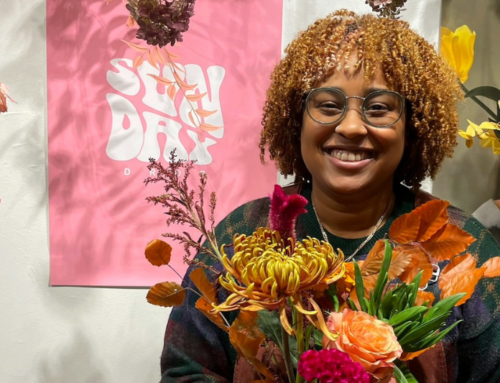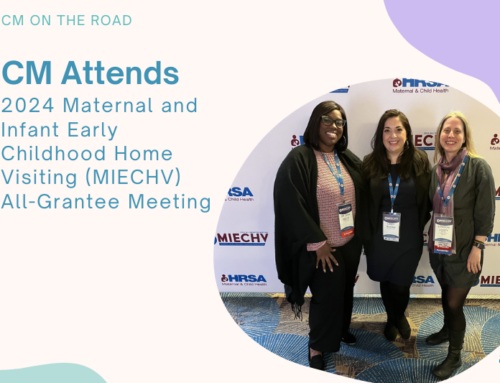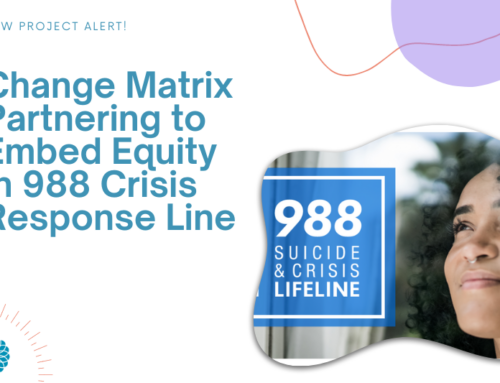Change Matrix is part of a national team, led by the National Asian American Pacific Islander Mental Health Association (NAAPIMHA), that was selected to participate in the National Leadership Academy for the Public’s Health (NLAPH) program, funded by the Centers for Disease Control and Prevention (CDC). NLAPH is a national program focused on improving population health by working with multi-sector leadership teams and training the teams through an applied, team-based collaborative leadership development model. The program is implemented by the Center for Health Leadership and Practice (CHLP), a center of the Public Health Institute (PHI), and will provide training and support for a period of one year.
Our NAAPIMHA team is working on an applied health leadership project that tackles an important population health issue with the goal of improving public health outcomes. Specifically, our team is working on addressing health equity through a whole health approach – looking at the mind, body, and spirit – and training Asian American, Native Hawaiian, and Pacific Islander (AANHPI) consumers and para-professionals to become Wellness Coaches.
The team assembled to undertake this critical issue includes representation from: NAAPIMHA, a national, non-profit that addresses the mental health needs of AANHPIs (DJ Ida, PhD, Executive Director and Janet Sohoo, MSW Training Director), CAPAC, the Congressional Asian Pacific American Caucus representing the policy sector (Krystal Ka’ai, Executive Director), and Change Matrix, representing the business sector (Rachele Espiritu PhD, Partner).
NLAPH offers us a special opportunity to hone our collaborative leadership skills through a year-long program that includes training on 1) personal and collaborative leadership and the progression toward multi-sector and meta-leadership, and 2) policy education and systems change. The one-year program uses an experiential learning process that includes webinars, a multi-day retreat, coaching support, peer networking, and an applied population health project. Our team was assigned a great coach, Dr. Arthur Chen, who asks us empowering questions to support our change process and most important, provides a structure to continuously reflect and capture learning for action, and most importantly shares the same the passion that we bring to this work.
The multi-day retreat in Atlanta, Georgia (March 9-12, 2014) was facilitated by talented Milano Harden, who has a unique language of his own. I kept studious notes on his engagement strategies, interesting presentation of conference rules, and stretching and break activities. What a gem.
We started off the day challenged by Dr. Carmen Nevarez to think about the question: “What would you do with your life if failure was not an option?” Throughout the course of the retreat, my response to this question was continuously expanded as we heard from some amazing catalyst speakers and engaged in our teamwork.
One of the catalyst speakers, Councilman Gilbert A. Cedillo (City of Los Angeles) or “One Bill Gil” as he called himself, stressed the importance of perseverance, keeping your friends close and your enemies closer, and patience with time. His lifetime of advocacy for marginalized communities represents true service leadership that puts community before self.
My biggest “a ha moment” and paradigm shift came during Larry Cohen’s (Executive Director, Prevention Institute) talk on “A 21st Century Approach to Health: Advancing Prevention and Equity.” I was literally sitting on the edge of my chair, hanging onto every word he uttered, enthralled by each picture he displayed. He shared a quote from George Albee: “No epidemic has ever been resolved by paying attention to the treatment of the affected individual” and went on to impress us with facts, compelling stories, and pictures to support the fact that “the health inequities we see… are not about just individual bad choices: they are about things not being fair.” (Nancy Krieger, Harvard School of Public Health)
If I could have hugged him after the talk, I would have. Instead, I shared with him some of the work that our Change Matrix Public Health Group has been doing on taking a public health approach to mental health. Surely, not as memorable, but I didn’t want to scare away my new idol. Thank goodness for advocates like Larry Cohen – he inspired me in many ways.
I was also pleasantly surprised and entertained by Dr. Kathleen McDuffie’s presentation on “Understanding Me, You, and Us: Psychological Type and Team Dynamics.” Each NLAPH fellow took the Myers-Briggs Type Indicator (MBTI) prior to attending the retreat. Many of us had taken it before –I had last taken the test in graduate school in the early 90’s. What was helpful in this setting was that we received a “Team report” that helps our team better understand how our team and individuals work, identify our strengths and potential challenges, how to work around potential blind spots, and how to improve individual and group capacities to solve problems, communicate, and use conflict constructively.
For those of you who know me and know the MBTI, I don’t know if you would have guessed that I scored as an ENFJ. I think of myself more as an INFJ who has learned to be more “extraverted” as a professional skill. Our team type is also ENFJ – which according to our report means that we are well equipped to organize and motivate others to work together in harmony. We are attuned to the needs of others and organized and decisive in meeting those needs. If you are interested, here’s a free test based on Carl Jung’s and Isabel Briggs Myers’ typological approach to personality: http://www.humanmetrics.com/cgi-win/JTypes2.asp
As we shift to a collaborative leadership paradigm, one of the tools that NLAPH recommends is journaling to help with professional growth and development and to spend time thinking about behaviors, perspectives, challenges, and conflicts. So glad I took the time to start Entry #1.




